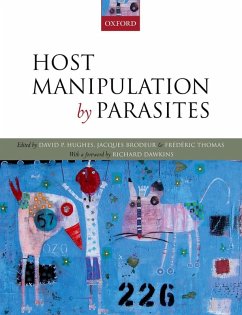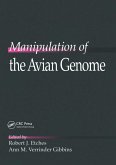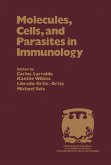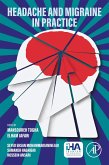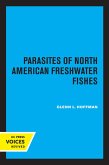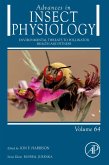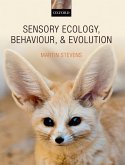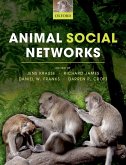Parasites that manipulate the behaviour of their hosts represent striking examples of adaptation by natural selection. This field of study is now moving beyond its descriptive phase and into more exciting areas where the processes and patterns of such dramatic adaptations can be better understood. This innovative text provides an up-to-date, authoritative, and challenging review of host manipulation by parasites that assesses the current state of developments in the field and lays out a framework for future research. It also promotes a greater integration of behavioral ecology with studies of host manipulation (behavioral ecology has tended to concentrate mainly on behaviour expressed by free living organisms and is far less focused on the role of parasites in shaping behaviour). To help achieve this, the editors adopt a novel approach of having a prominent expert on behavioral ecology (but who does not work directly on parasites) to provide an afterword to each chapter.
Dieser Download kann aus rechtlichen Gründen nur mit Rechnungsadresse in A, B, BG, CY, CZ, D, DK, EW, E, FIN, F, GR, HR, H, IRL, I, LT, L, LR, M, NL, PL, P, R, S, SLO, SK ausgeliefert werden.

